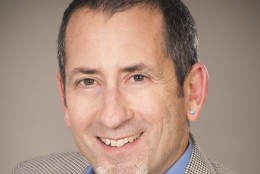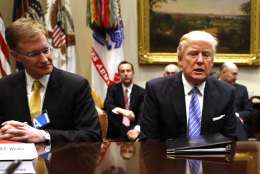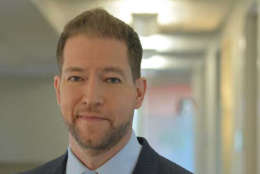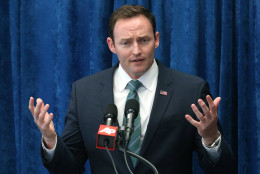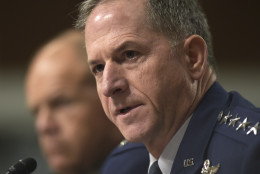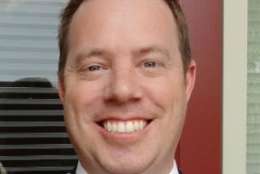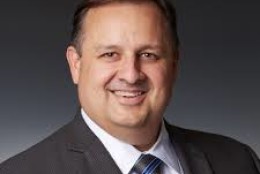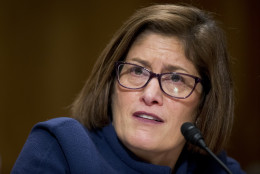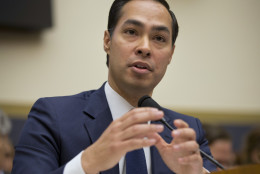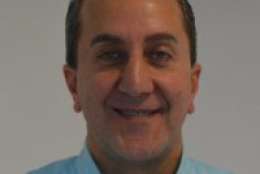Hiring/Retention
-
If you say no new hires and no new contracting out, you've got the bureaucracy boxed in.
January 24, 2017 -
President Donald Trump signed a memorandum Monday implementing a federal hiring freeze. It prevents agencies from making most new hires and prevents them from filling vacant positions. It does not apply to military or national security positions.
January 23, 2017 -
Most people expect a raise when they get a promotion. But for some feds in 2017, thanks to salary compression, that’s not the case.
January 23, 2017 -
The federal government's approach to cybersecurity personnel isn't serving the interests of better security very well. Hiring from the wrong places and granting certifications no one wants are among those not-so-smart practices. That's the contention of Paul Innella, founder of TDI, a cyber consultancy that's worked for many federal agencies. He offers his insight on Federal Drive with Tom Temin.
January 23, 2017 -
Before leaving the Obama administration, Tony Scott, the federal CIO, released a report for the next administration to better understand the past, current and potential future of technology in agencies.
January 23, 2017 -
The Office of Personnel Management wants agencies to look more closely at Hispanic representation within the workforce and identify barriers and challenges that prevent them from recruiting and retaining a more diverse government.
January 20, 2017 -
Army Undersecretary Patrick Murphy says he hopes the Army continues its pushes in innovation and acquisition.
January 20, 2017 -
The Air Force will hire more people to take care of its weapons systems if it can get Congress to pay for more airmen.
January 18, 2017 -
Greg Stanford, director of government affairs for the Federal Managers Association, joins host Mike Causey on this week's Your Turn to talk about the potential for pay and hiring freezes under a Trump administration.
January 18, 2017 -
Walter Shaub, the director of the Office of Government Ethics, wrote to Rep. Jason Chaffetz (R-Utah), the chairman of the House Oversight and Government Reform Committee, calling for transparency and public education to the ensure citizens know how his agency oversees and guards against executive branch ethics issues.
January 18, 2017 -
Beth Cobert has held two high-pressure jobs in the Obama administration: the acting director of the Office of Personnel Management and the deputy director for management at the Office of Management and Budget. Based on her experience from both agencies, she offered some advice for new OPM and OMB leaders.
January 17, 2017 -
The National Taxpayer Advocate's 2016 report to Congress calls for tax reform and for the Internal Revenue Service to turn its focus outward when it comes to customer service and meeting its mission as a tax administration agency.
January 16, 2017 -
The Peace Corps and the Small Business Administration are colluding to help Peace Corps volunteers find jobs either in entrepreneurship or in the federal workforce after their service ends.
January 13, 2017 -
Secretary of Housing and Urban Development Julian Castro, after presiding over two-year of workforce and process improvements at the agency, has a few suggestions for his successor and the incoming administration.
January 13, 2017 -
Data analytics is one technique with the potential to help managers deal with their workforce concerns. Joe Abusamra, vice president at the talent management firm Acendre, shares some of the findings on the company's list of Human Capital trends to watch for in 2017 with Federal News Radio's Eric White on Federal Drive with Tom Temin.
January 12, 2017

